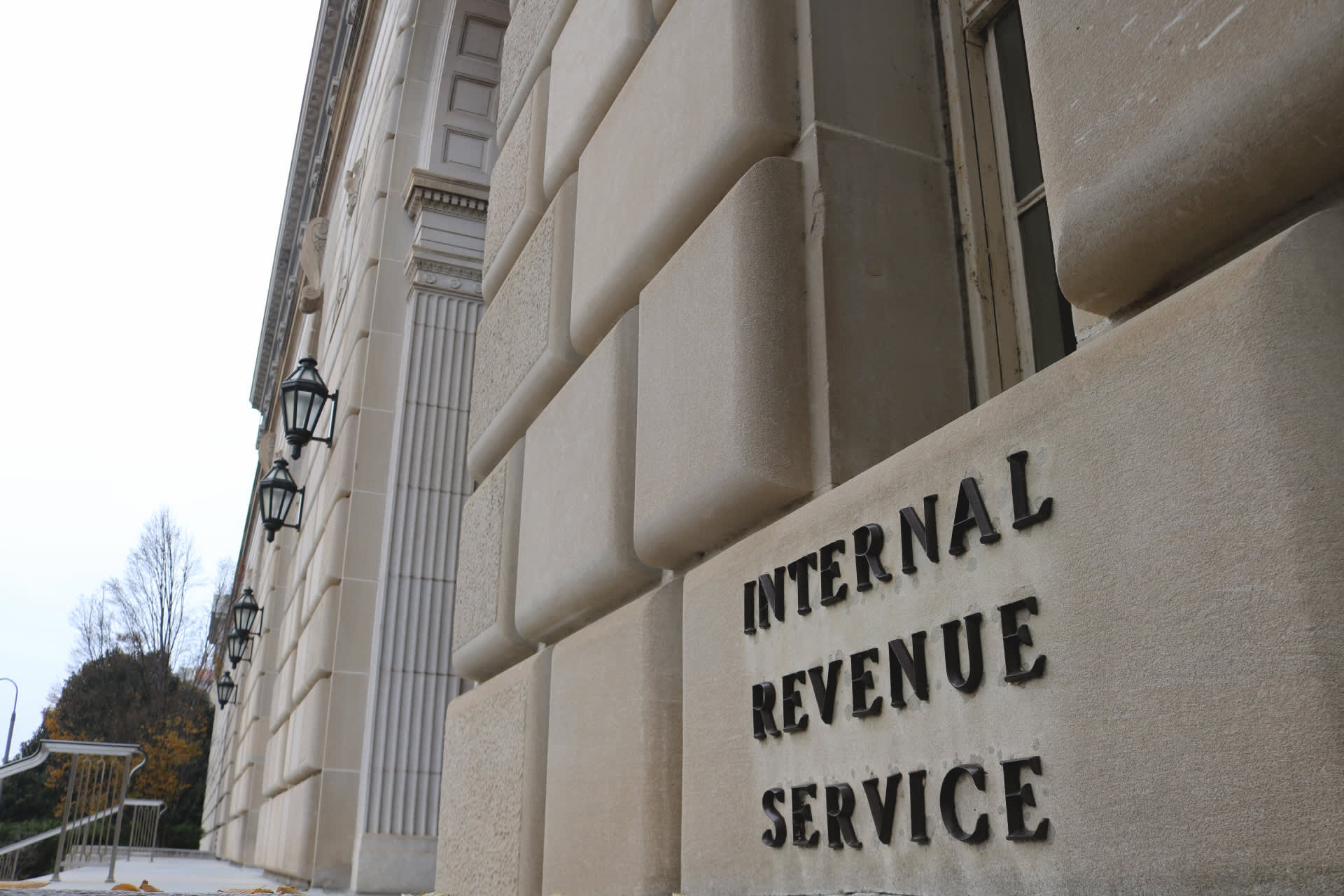The ideal tax rate for the richest 1% of Americans is about 75% — more than twice the current rates, according to the economist advising Sen. Elizabeth Warren on her tax plans.
Gabriel Zucman, the University of California at Berkeley economist who is advising Warren and Sen. Bernie Sanders on their wealth tax proposals, told CNBC Tuesday that there is an “optimal” tax rate for the rich when considering tax policy. The optimal rate would be high enough to maximize revenue from the economy’s winners and reduce inequality, but not so high that it would lead to widespread evasion or reduced productivity among the wealthy.
According to the calculations in his new book co-written by Emmanuel Saez, “Triumph of Injustice — How the Rich Dodge Taxes and How to Make Them Pay,” the optimal federal marginal income tax rate would be 60%. But the optimal effective tax rate for the rich in combined taxes — including federal, state, payroll and local — would be 75%.
That’s more than twice the current rate paid by the top 1%, he said.
“The rate to maximize revenue is 60%,” Zucman said on CNBC Tuesday. “But it depends on enforcement. Governments can choose to make taxes fail and we’ve seen that.”
The ideal rate for taxing the rich has become a galvanizing political issue in the Democratic primary race. Candidates Warren and Sanders have both proposed taxes on accumulated wealth. But so far, none of the candidates have called for a federal tax rate of 60% or more.
In an interview in January, Congresswoman Alexandria Ocasio-Cortez made headlines when she suggested that the top federal tax rate could go as high as 70%.
The notion of an “ideal tax rate” is also known as the “Laffer Rate.” Conservative economist Arthur Laffer created a theory known as the Laffer Curve that suggests that when tax rates get too high, revenue collections actually fall because of avoidance and reduced incentives to work and earn.
The 75% rate would only apply to the top 1% of Americans, or those who earn more than $500,000 in income in 2019, Zucman said.
“This estimate is the best that exists today on the basis of many empirical studies conducted over the last two decades,” the two economists wrote in the book. “The tax base does not shrink much when the rich are taxed more heavily.”
